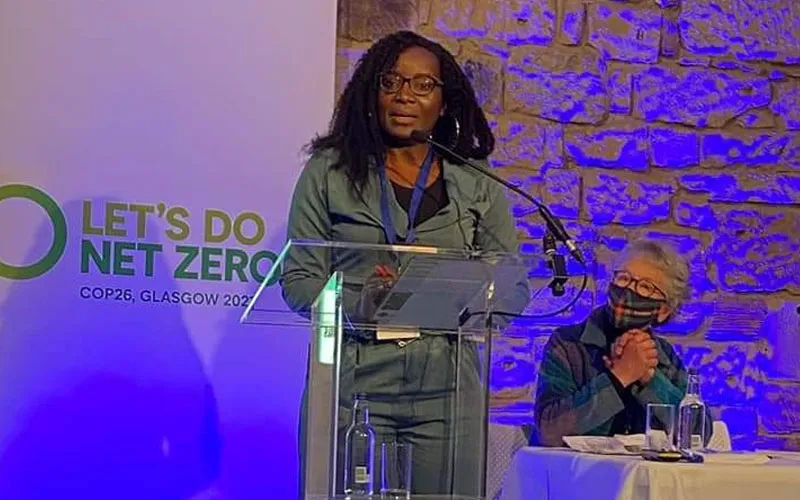Lusaka, 29 December, 2021 / 7:30 pm (ACI Africa).
The leadership of Caritas Zambia has called on the country’s government to strengthen the policies and programs so as to address the current impact of climate change in the Southern African nation.
In a statement obtained Monday, November 22, Caritas Zambia officials highlight the importance of policies that combat climate change.
“We would like to urge the government to strengthen policies, plans and programs in order to address the irreversible and inadaptable climate change impact currently taking place,” officials of Caritas Zambia say.
They point out the need for the government to put more finances into supporting communities that have been affected by “Loss and Damage”, the destruction that is already being caused by the climate crisis on livelihoods and infrastructure.
“Loss and Damage should be treated as a key standing item as the nation develops programs to enhance community response to Climate Change alongside mitigation and adaptation,” officials of the development and humanitarian arm of the Zambia Conference of Catholic Bishops (ZCCB) say.








